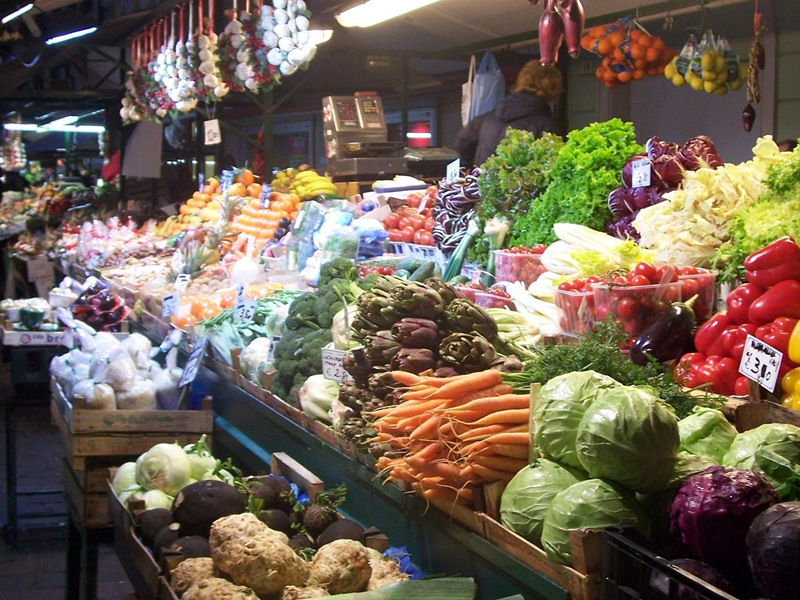
By Denis McClean
GENEVA - The COVID-19 pandemic has tipped the world into recession and the world’s most disaster-prone region Asia and the Pacific is really feeling the economic pain.
Tourism is a good barometer of that pain as small and medium sized enterprises make up 90% of the tourism industry in the region where 49 million jobs in the sector are now at risk as worldwide travel has ground to a halt.
Masato Takamatsu, President, Tourism Resilience Japan, outlined the extent of the challenge in the latest webinar on lessons learned from the COVID-19 pandemic – Business Resilience in the Face of COVID-19 - organized by UNDRR’s Asia and the Pacific Regional Office and moderated by office head, Loretta Hieber Girardet.
Mr. Takamatsu, speaking to an online audience of 750 participants from 79 countries said the economic crisis was particularly hard-hitting for small island developing states almost totally dependent on tourism, from the Maldives to Vanuatu which was severely hit earlier this month by Cyclone Harold.
He praised industry efforts to play a role in the fight against COVID-19 by offering free flights and hotel rooms to medical personnel and predicted that post-recovery tourism will be very different with the focus on ensuring hygiene safety “and preventing tourism from becoming a further transmission channel.”
The challenges of being an SME in the far-flung Pacific were cited by Atin Patel, exports manager, of the major hardware supply business, Vinod Patel, a family business based in Fiji and employing 1,300 people.
“We have gone through numerous coups and cyclones, but this is taking longer than we would normally to come out of a natural disaster and we have had to completely re-think how we are doing business and it is actually a long-term change,” said Mr. Patel.
The company has avoided redundancies but reduced wages and cut other costs in the face of the twin challenge of a drop in demand and an increase in supply lead times.
The Philippines is struggling with the trade-off between the health of its citizens and wanting to re-start the economy, said Veronica Gabaldon, Executive Director, Philippine Disaster Resilience Foundation.
Health and food security were the most important issues for the country’s legion of microentrepreneurs during the extended lockdown and a government amelioration programme is in place to tide them over for the next two months.